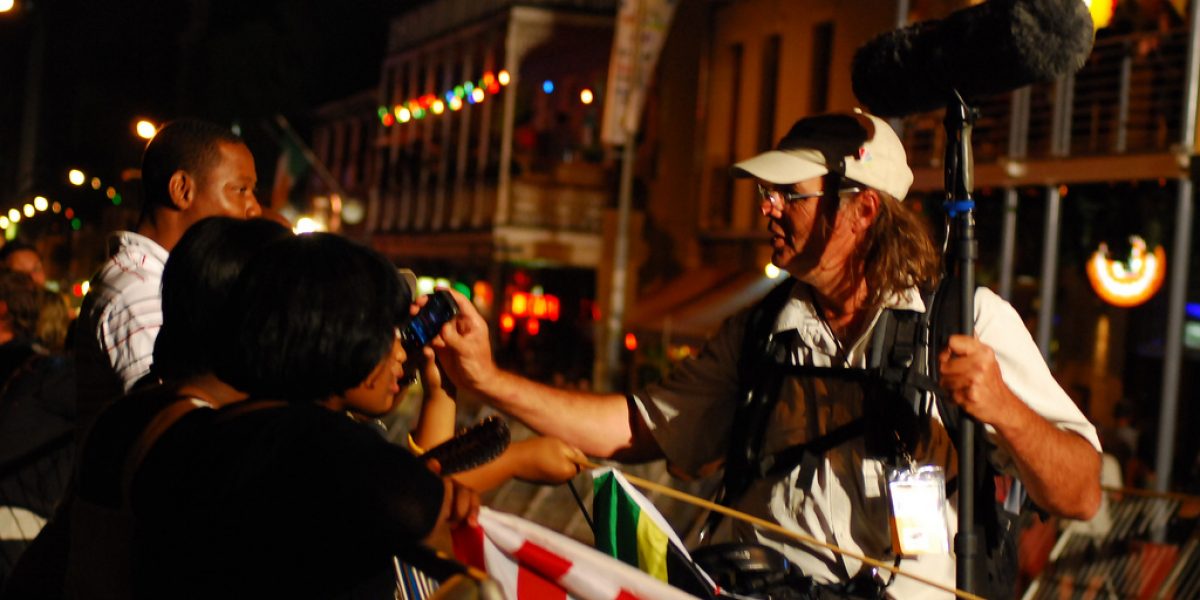At inception, South Africa’s post-apartheid press laws and regulatory framework were moulded on international precedent established by thriving democracies such as the United Kingdom and New Zealand. Supported by the one of the world’s most liberal constitutions, South Africa seems to be failing to uphold these high standards. Will South Africa show the world that it is still committed to media freedom?
The rights to access information and freedom of expression enshrined in our constitution’s Bill of Rights and the media’s right to self-regulation will be seriously undermined by the proposed Protection of Information Bill (POI) and Media Appeals Tribunal (MAT). The POI, or “Secrets Bill”, if passed will allow government officials the ability to classify any information it deems sensitive. Publication, which includes anything from national security to tender deals, could lead a prison sentence for both source and journalist. The Tribunal will be a government-run council to regulate grievances brought against the media, essentially usurping the role of the independent Press Ombudsman.
The ANC hopes the POI and MAT will regulate the print media specifically, which is deemed by the party to suffer from “an astonishing degree of dishonesty, lack of professional and integrity and lack of independence”, according to the ANC’s “media transformation, ownership and diversity” discussion document. The media is aggressively clinging to self-regulation, predicting that otherwise freedom of speech will collapse into government censorship.
Promoting the proposals, Lumko Mtimde, chief executive of the Media Development and Diversity Agency – a government body aimed at creating access to the media for previously disadvantaged communities – cited the British House of Commons’ inquiry into self-regulation and the integrity of news gathering in 2007. This examination was prompted by the rise in libel charges against the media, and poor journalistic practices including illegally accessing the personal voicemails of the Royal Family by the tabloid News of the World.
But Mtimde failed to tell the whole story. Instead of changing legislation, the inquiry simply highlighted the shortcomings of the Press Complaints Commission, Britain’s self-regulatory mechanism. A few months later The Telegraph spectacularly exposed the parliament’s suspect spending habits, and MPs faced criminal charges for false accounting. While this embarrassed the major parties, the public benefited.
The US government has also faced some tough press, but has steered clear of ham-fistedly restricting media freedom. In August, the Washington Post published “Top Secret America”, a multimedia exposé of redundant intelligence and national security systems which cost taxpayers millions. Then the whistleblower website WikiLeaks posted secret military documents detailing US strategy and failures in Afghanistan, and made the documents available to influential newspapers.
Washington slammed WikiLeaks, claiming that the exposé endangered the lives of vital Afghan military sources, but had little other defence. Based in Sweden, WikiLeaks is protected by that country’s liberal press laws. Despite the backlash, the documents remain public. This provoked debate about protecting the right to speak truth to power. Now neither censorship nor intimidation can curb investigative journalism.
WikiLeaks has also published the South African Competition Commission’s inquiry into high bank charges in 2009, which major banks tried to squash, and the truth about convicted fraudster Schabir Shaik’s medical records. The POI and MAT would seek to silence this investigative reporting, but strangling the papers will only force more scoops like these into unregulated cyberspace. Press Ombudsman Joe Thloloe made that point in August – rapidly advancing technology will make the ANC’s proposed changes redundant.
And then what precedents will South Africa’s government follow? Ethiopia, where text messages and cellphone usage are routinely monitored? Mozambique, where the network was shut down after the Maputo food riots? China, where they simply block websites deemed unfavourable to government? And at what cost to our nascent democracy?
Both government and media are still learning how to manage our hard-won freedom. The South African media has made many mistakes, from inaccuracies to abuse by political factions and vendetta journalism in the quest to keep politicians accountable. Still, sloppy reporting does not warrant wholesale government censorship. Sadly, the ruling party seems to have too easily forgotten the fight for press freedom in this country in the 1980s.
The Tribunal and Secrets Bill are out in the open and are being vigorously debated. Last month, the South African National Editors’ Forum (SANEF) and the ANC met at Luthuli House, but little progress was made. A few changes to the POI bill do not mean media freedom is safe. The ANC maintains that the POI will be barriers against “foreign intelligence” undermining South Africa’s constitutionality, while the MAT will prevent the abuse of the media by “faceless leaders” within the Alliance. SANEF still sees this as a battle for one of our fundamental freedoms. SANEF has now set up an internal body to investigate media shortcomings, inviting the public to air their view without the intervention of a tribunal. Unlike international trends, our debate has become a battle of wills rather than a critical dialogue. And if the MAT and POI come to be, how then will South Africa rightfully call itself a democracy both to the international community and especially to its citizens?








